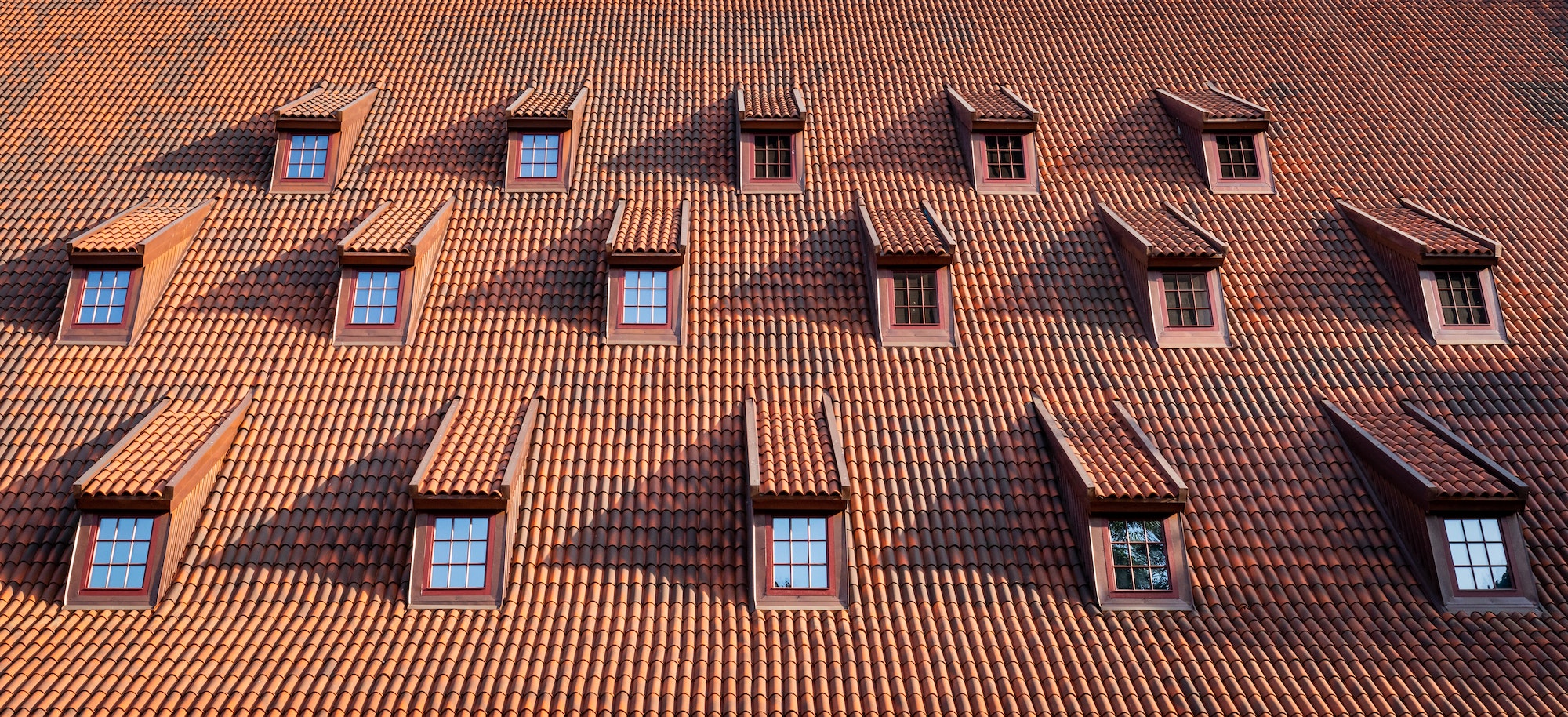As an interior design expert, I can tell you this: sealing your windows and doors is akin to putting on your favorite jacket when it’s chilly outside. You wouldn’t venture out without it, right? No one wants to throw money out the window—especially not in the form of energy bills! So, let’s dive into some genius window and door sealing hacks that will not only ward off the drafts but also keep your wallet feeling a little fatter come month-end.
Imagine this: You’re wrapped up in your favorite blanket, binge-watching your favorite show, and suddenly, there it is! A draft so cold that it rivals the Arctic. You shiver, your teeth chatter, and suddenly your cozy evening has turned into a front-row seat for a subpar horror movie. Fear not, my friends! Let’s banish those unwelcome drafts and discover how to seal the deal on lower energy bills with a creative twist.
The Science of Sealing
Before we dive into tricks that’ll have your friends thinking you should moonlight as an energy-saving superhero, let’s talk numbers. According to a recent study by the U.S. Department of Energy, sealing windows and doors can increase your home’s energy efficiency by up to 20%. That’s right—20%! Imagine what your bank account would look like if you could hold onto an extra $1,200 a year in energy costs. That’s the kind of math we like!
Estimated Savings from Sealing Windows and Doors
| Yearly Home Energy Cost | Potential Savings (20%) |
|---|---|
| $6,000 | $1,200 |
| $4,000 | $800 |
| $2,000 | $400 |
Genius Hacks to Seal Your Windows and Doors
Ready to tackle those drafts? Here are some of my favorite genius hacks to keep your home cozy and energy-efficient without breaking the bank.
1. Weatherstripping Wonderland
Weatherstripping is a genre of sealing that can turn any door or window frame from “chilly” to “snug as a bug in a rug.” Whether you opt for adhesive-backed foam, V-seal, or tubular gaskets, make sure to measure before you buy. Trust me, the last thing you want is a one-foot piece of weatherstripping for a three-foot door!
2. The Classic Caulk
Ah, good old caulk—the unsung hero of interior design! A simple caulking gun can patch up those annoying gaps between window frames and walls. It’s like getting a facial for your house—filling in all the cracks and leaving a smooth finish!
3. Draft Stopper Delight
Ever seen those cute draft stoppers? They look like adorable sausages blocking doorways! You can make one yourself with fabric and rice. Not only do they work wonders, but they also add a stylish touch to your decor. Who knew energy efficiency could look so good?
4. Plastic Wrap Sandstorm
For windows that fog up your beautiful view, try window insulation film. A quick application creates a protective seal, and—voila!—you’ll have a mini-insulating pocket of air. Plus, it’s a great conversation starter when friends ask what’s with the “mysterious plastic curtains.”
5. Magnetic Magic
For all you DIY enthusiasts: Consider magnetic window screens! They are perfect for keeping pesky insects out while allowing breezes in when you need it. Just slap on the magnet and feel like a wizard every time you let fresh air in!
Closing Thoughts
In conclusion, there’s nothing like mastering the art of sealing your windows and doors to create a comfortable living environment and trim down your energy bills. With these tips, you won’t just seal the deal; you’ll practically become the Picasso of window sealing! So grab your tools and get ready to transform your home into an energy-efficient oasis.
Remember, every little hack counts! So, whether you’re spending your evening with Netflix or hosting a friend’s shivering but entertaining marvels of the universe, ensure that all the warmth stays inside. You got this—the energy savings are just a caulk away!
FAQs
| Question | Answer |
|---|---|
| What is the best type of weatherstripping to use? | The best type depends on your door or window size. Foam or vinyl is great for most! |
| How can I tell if my windows are drafty? | A simple test: Hold a lit candle near the window seams. If it flickers, there’s a draft! |
| How often should I replace weatherstripping? | Ideally, check it every couple of years. If you notice gaps or damage, it’s time for a refresh! |
Discover more from Futurist Architecture
Subscribe to get the latest posts sent to your email.



